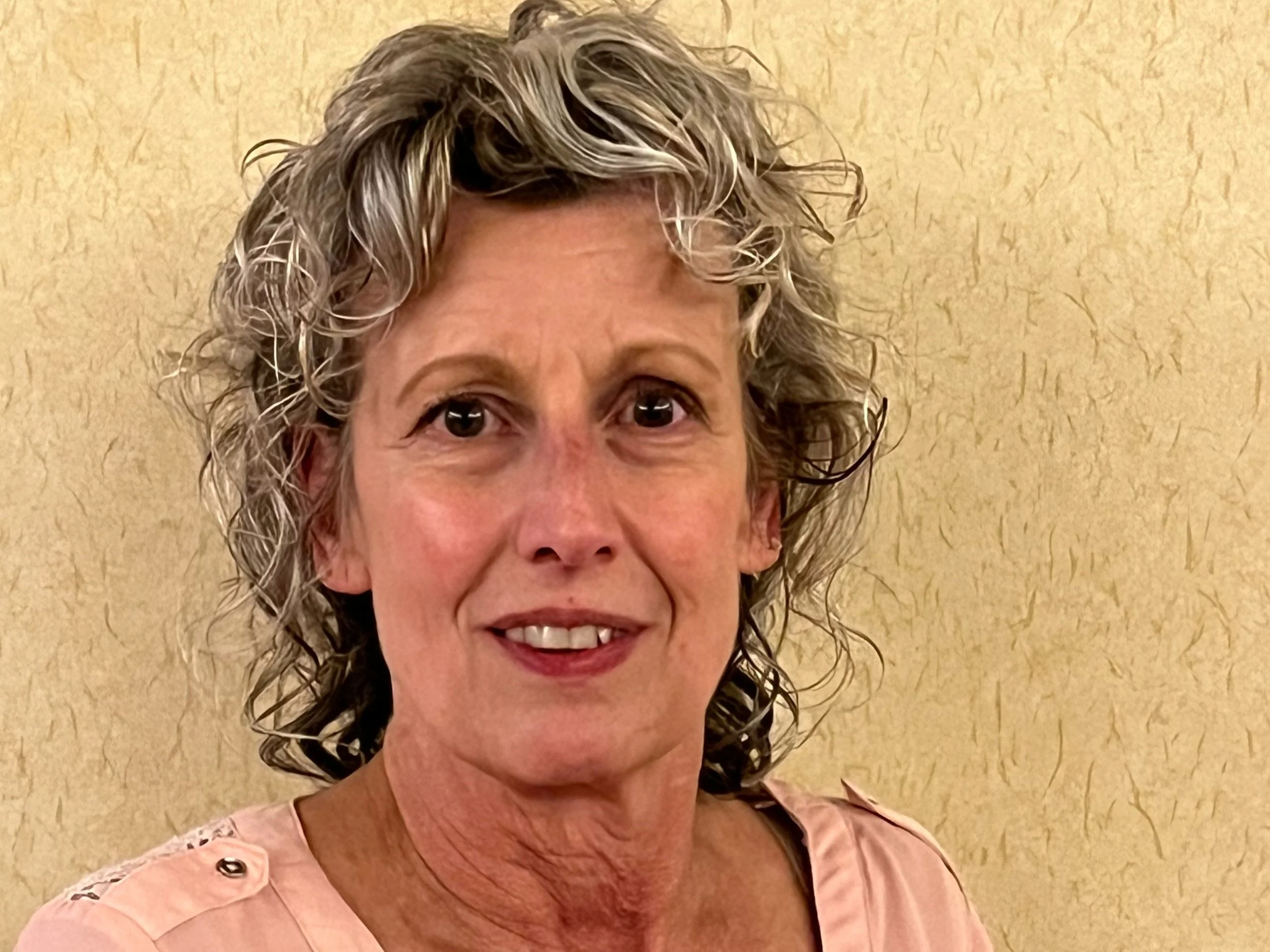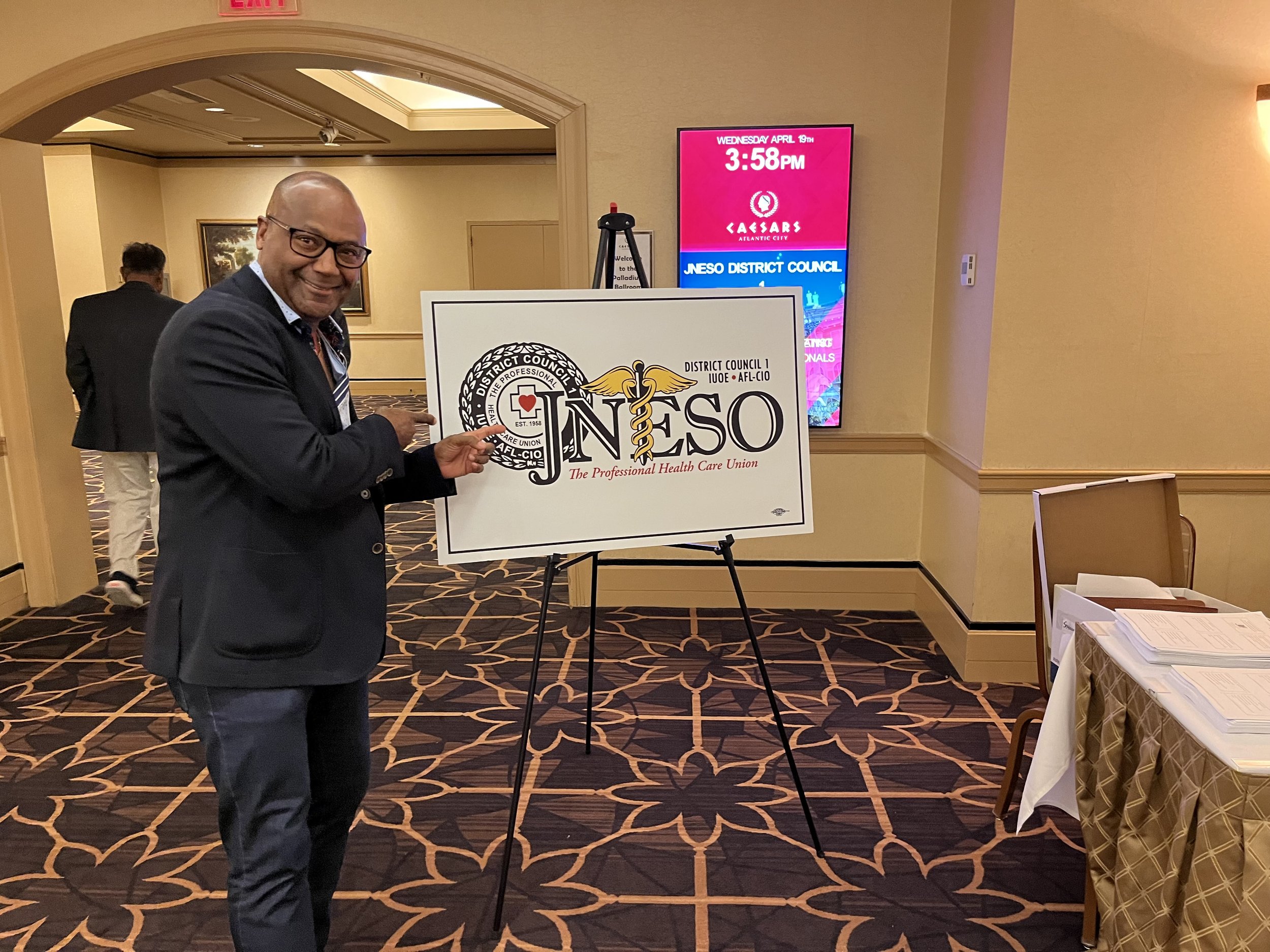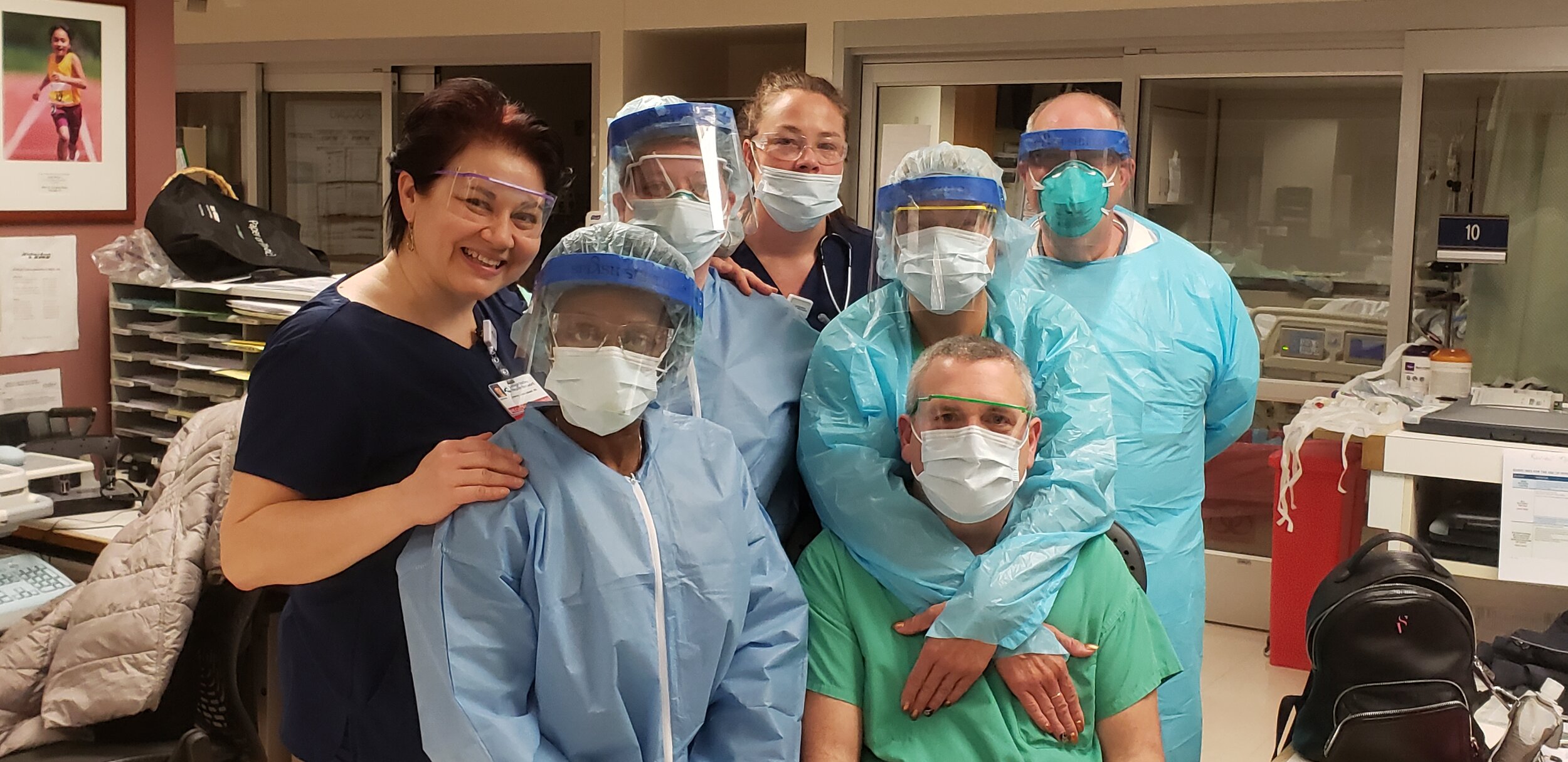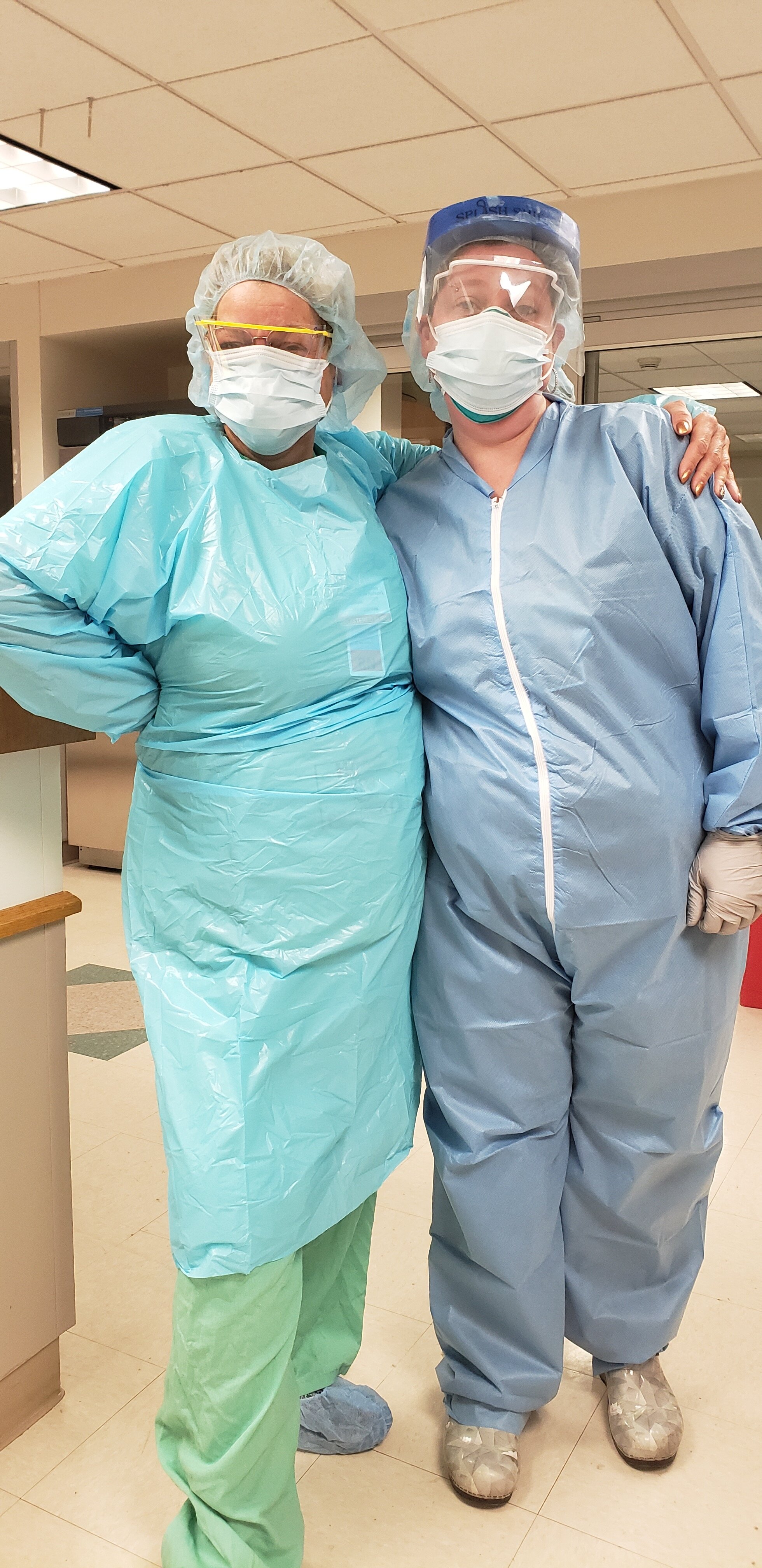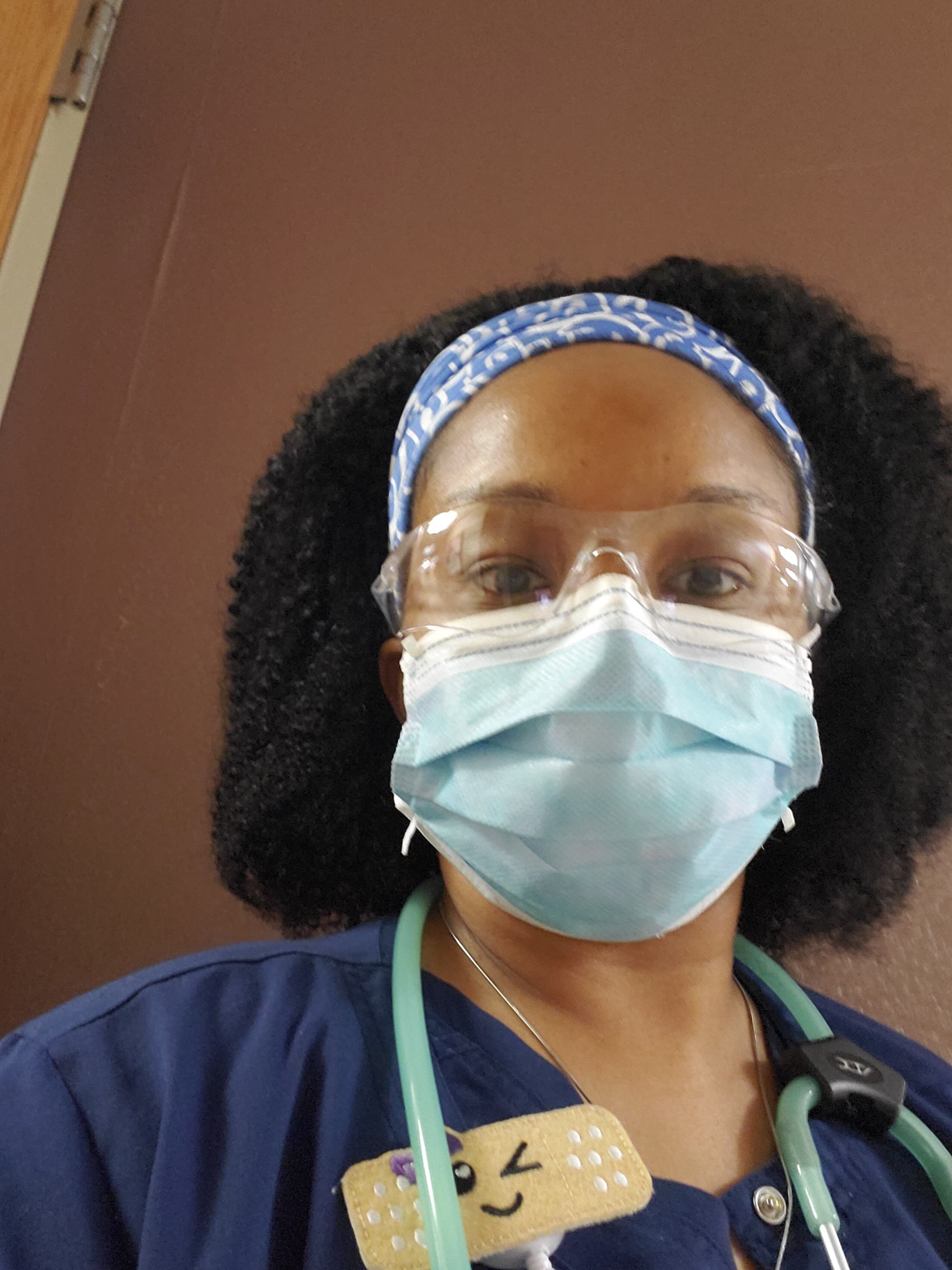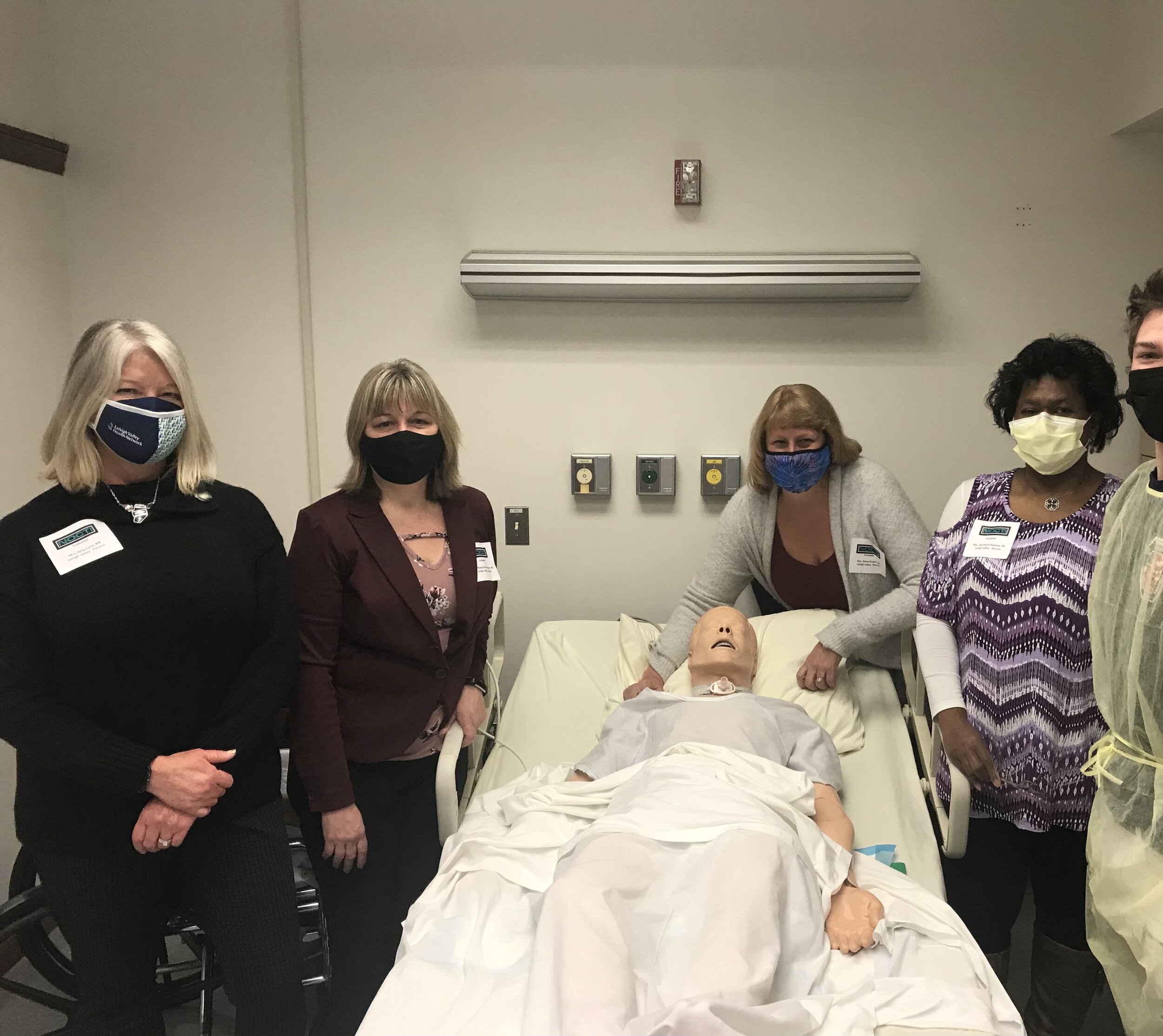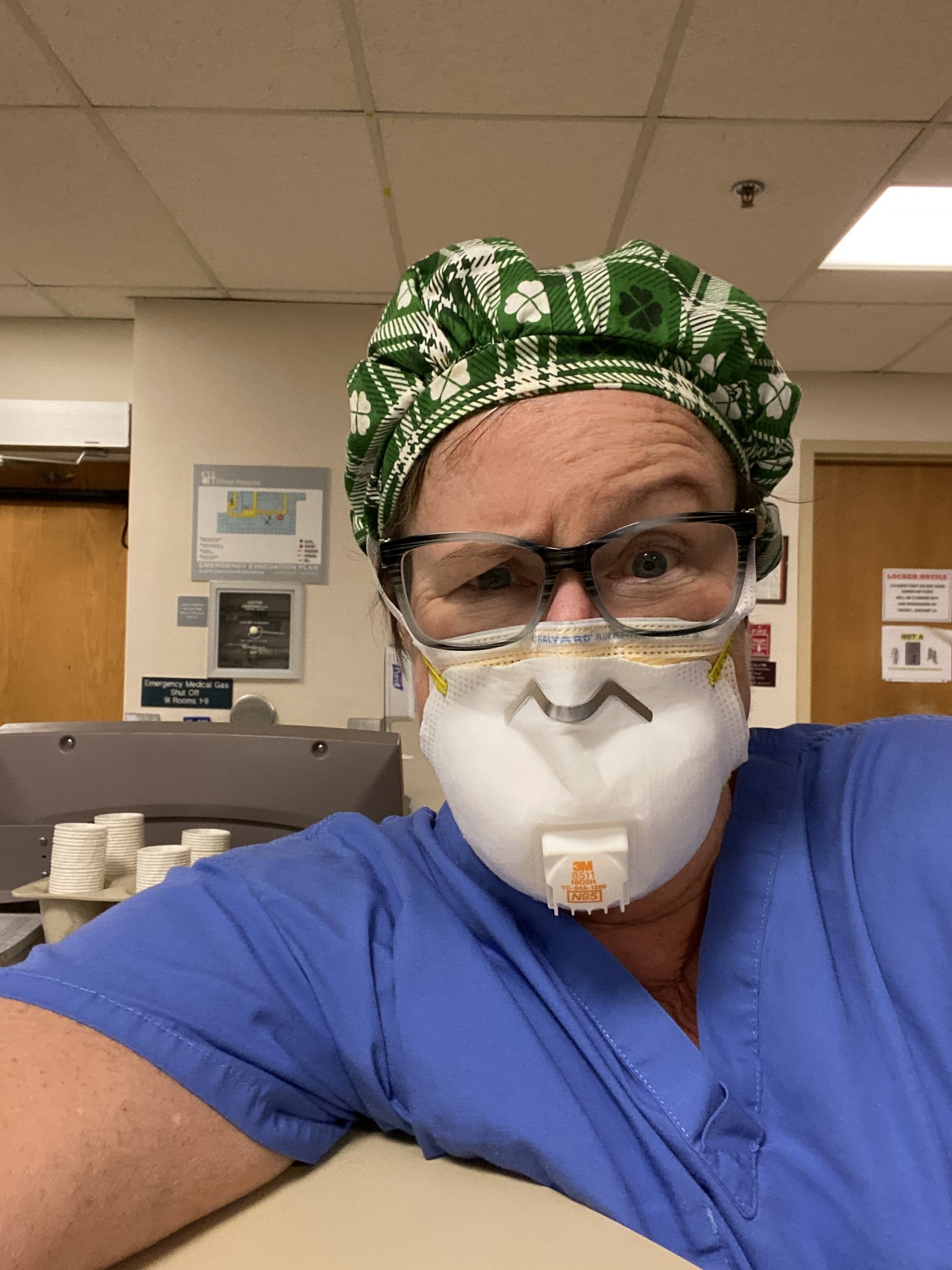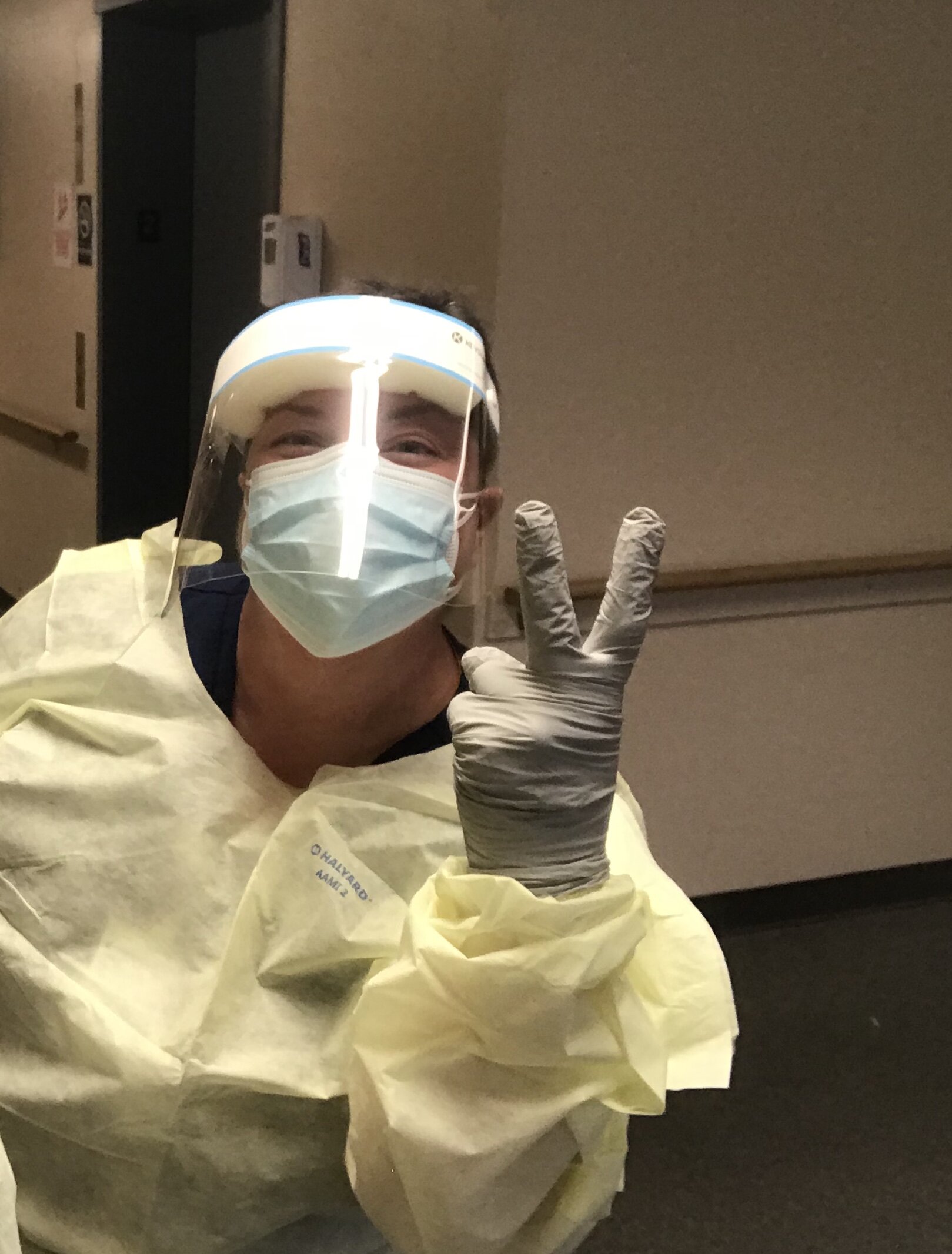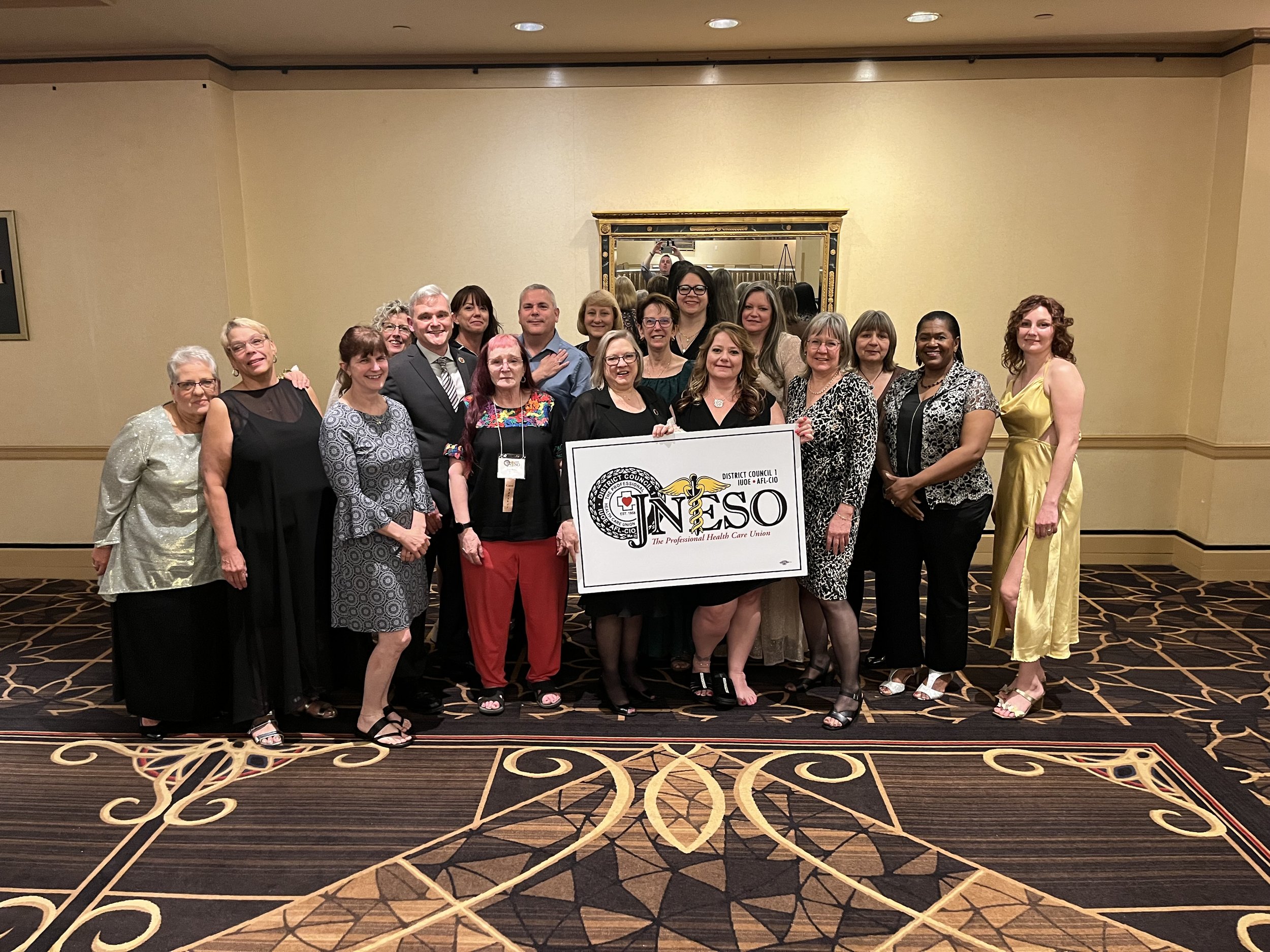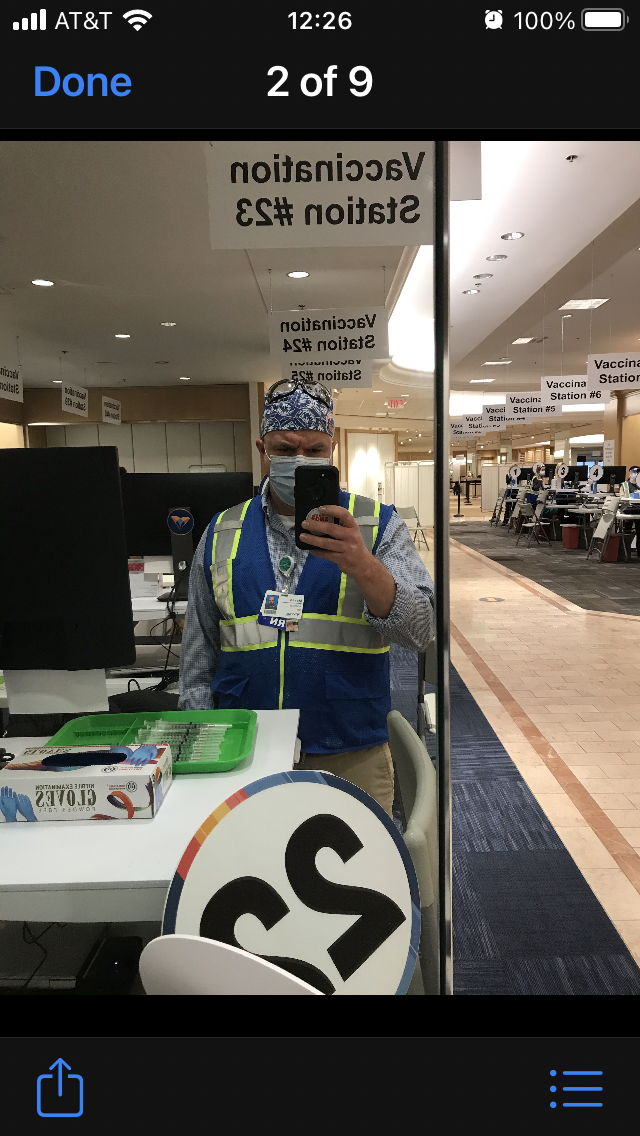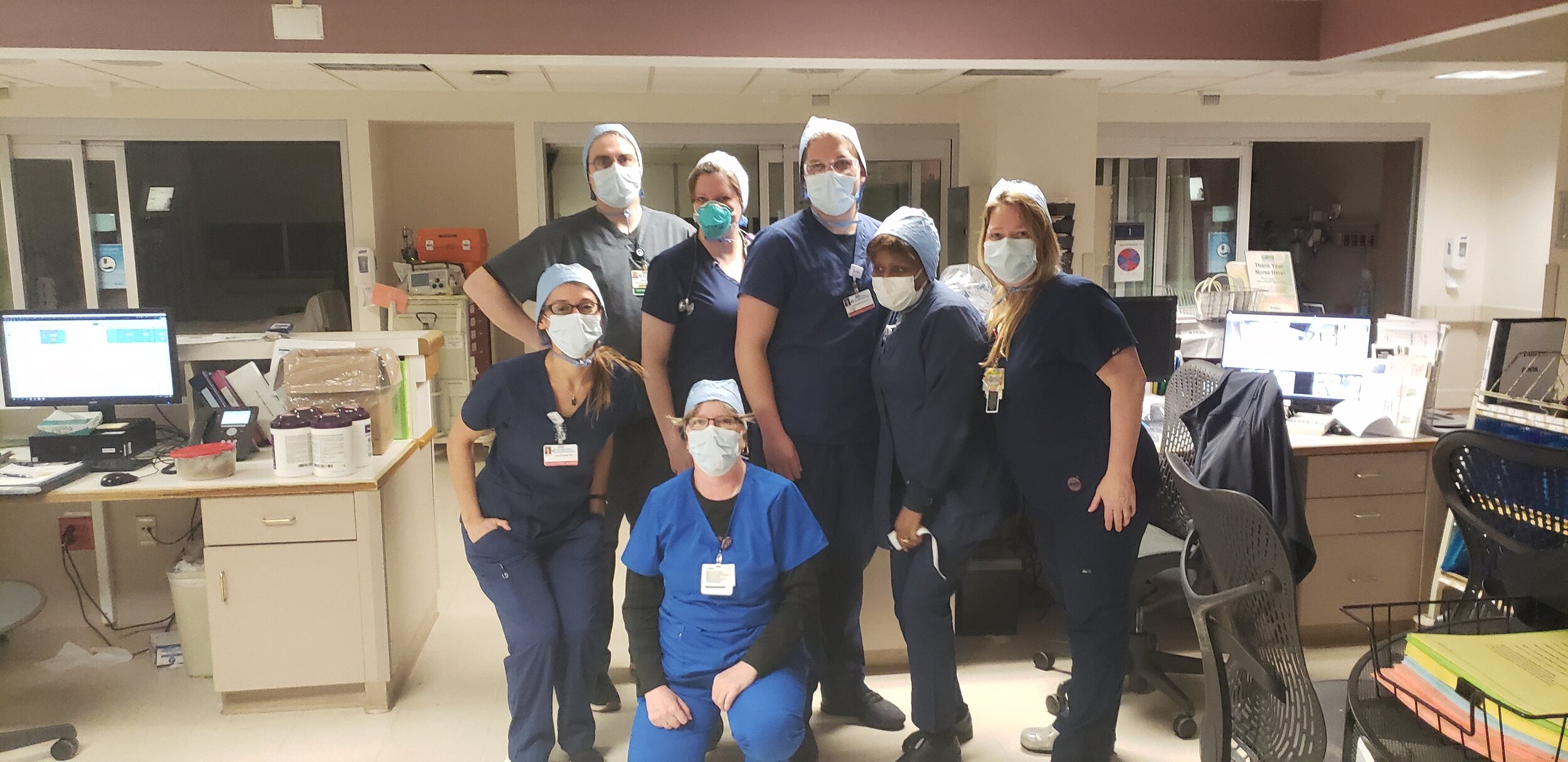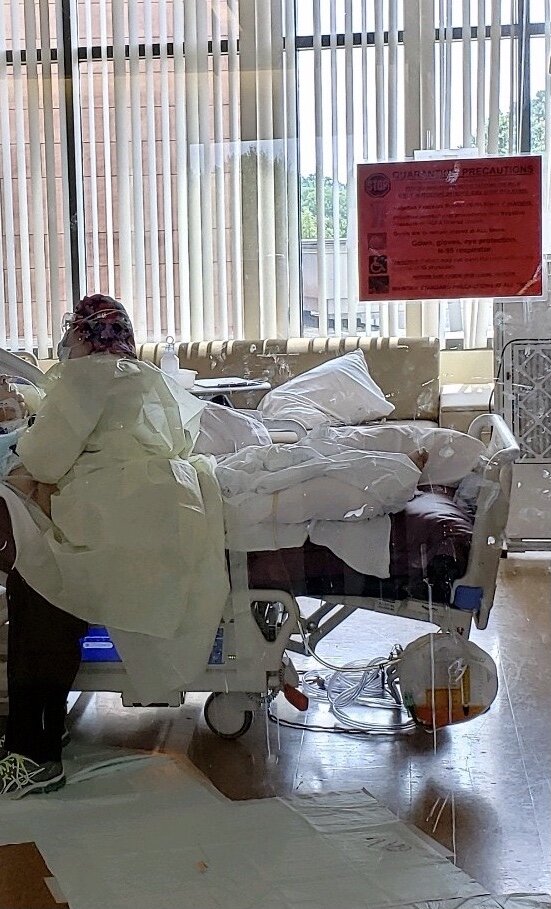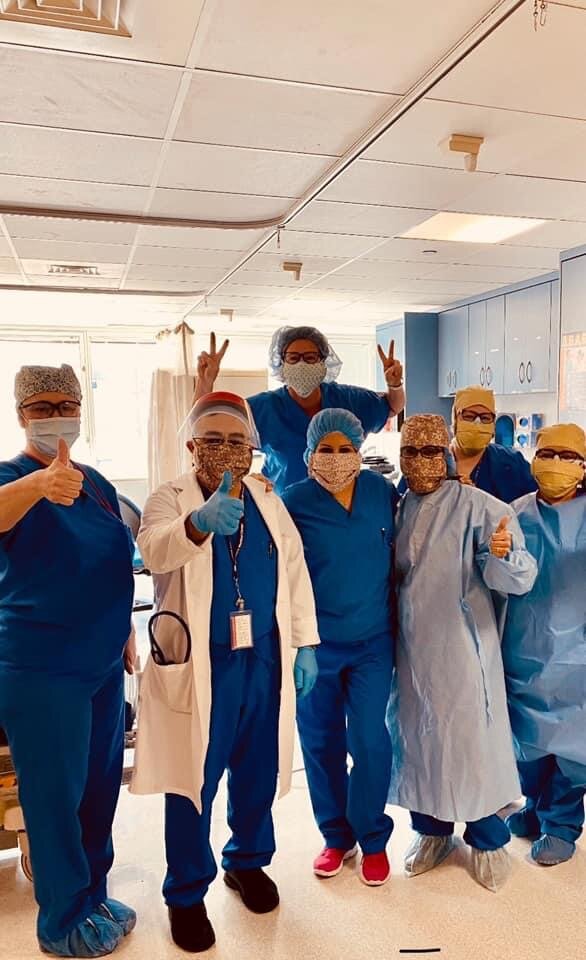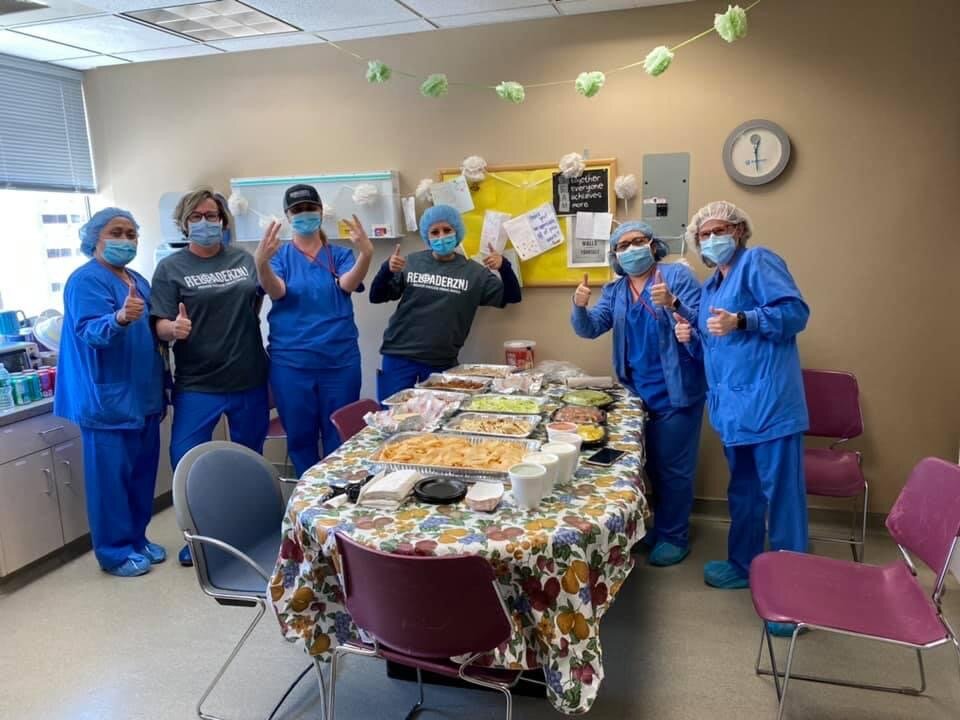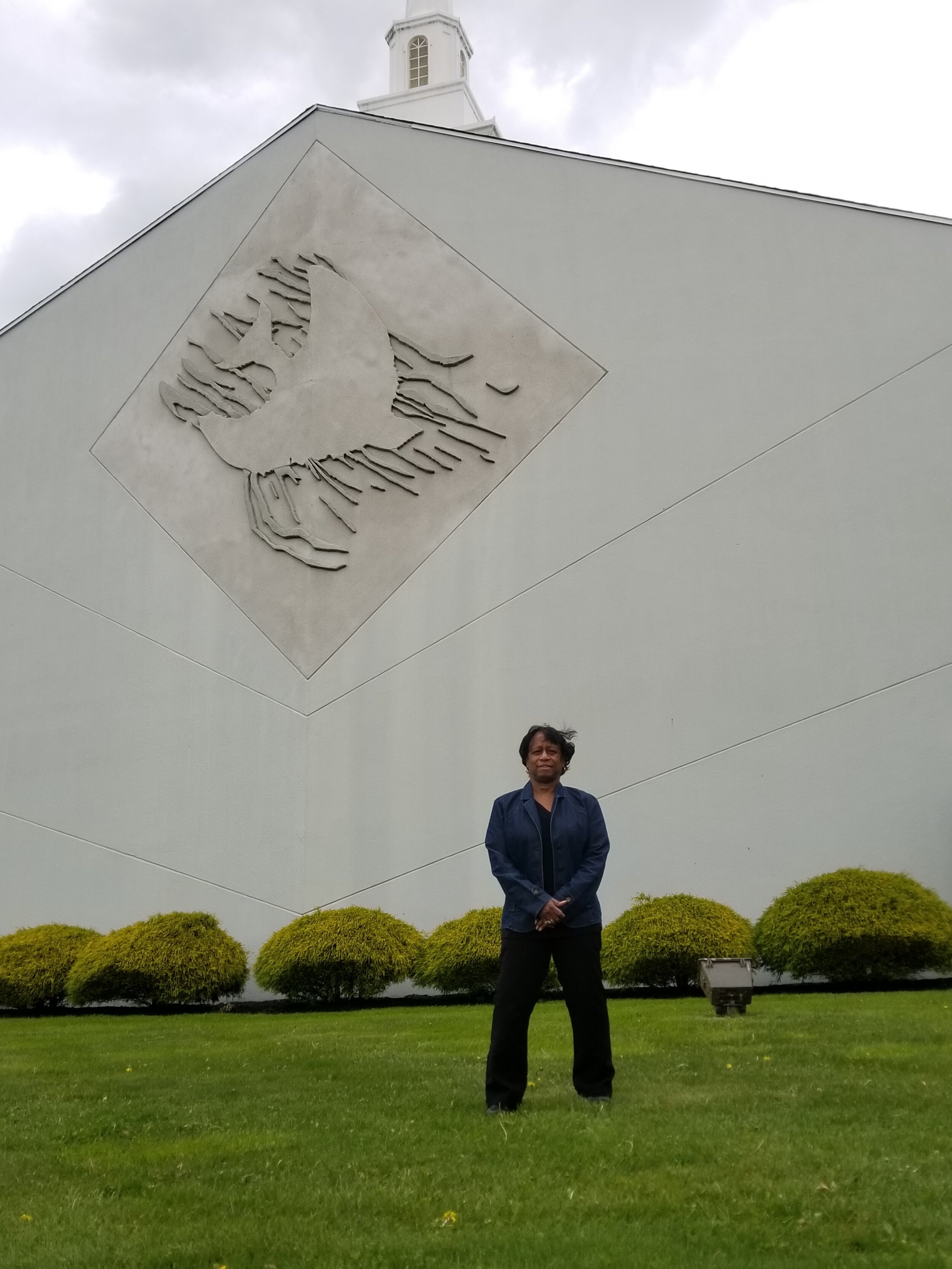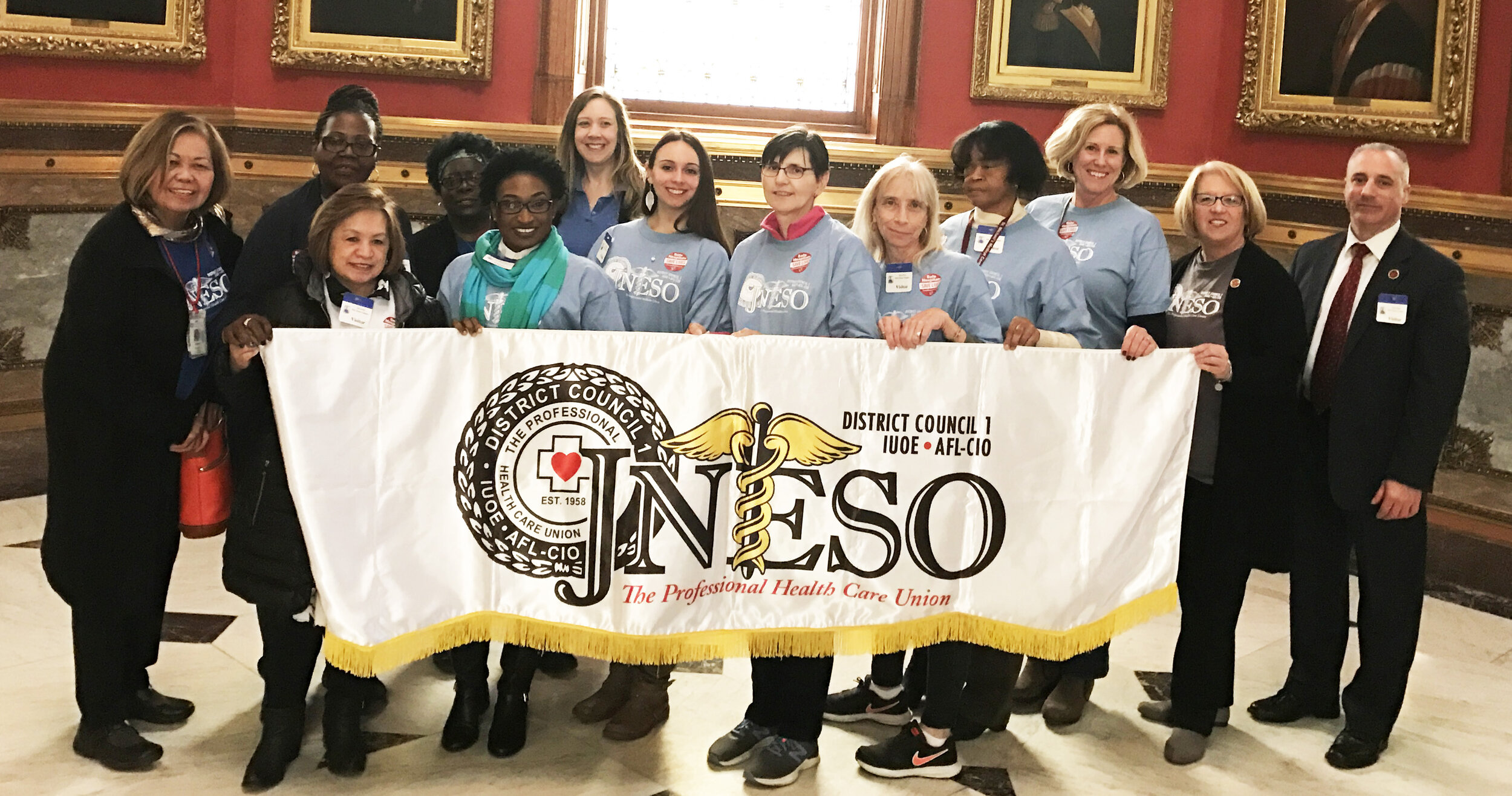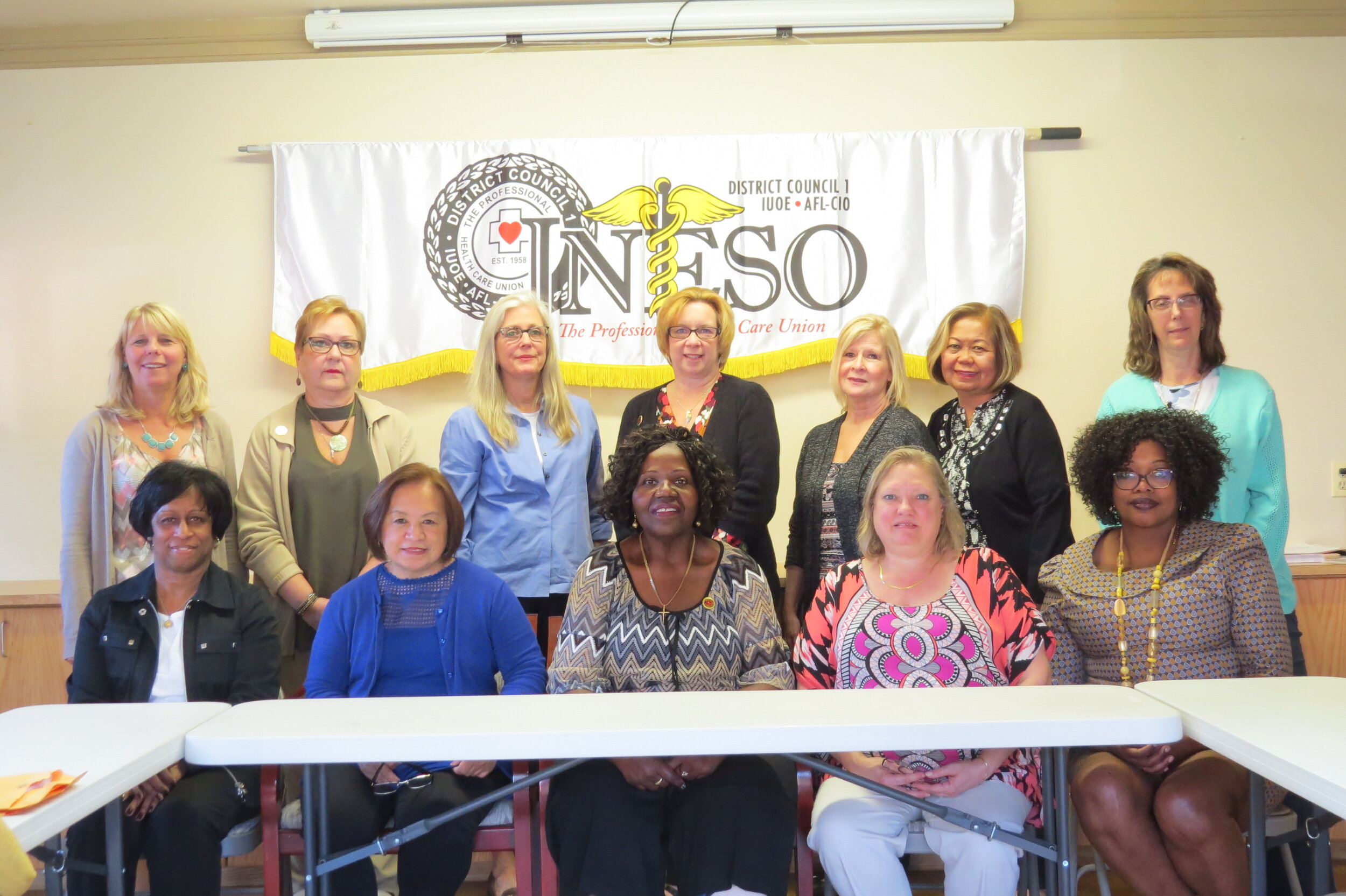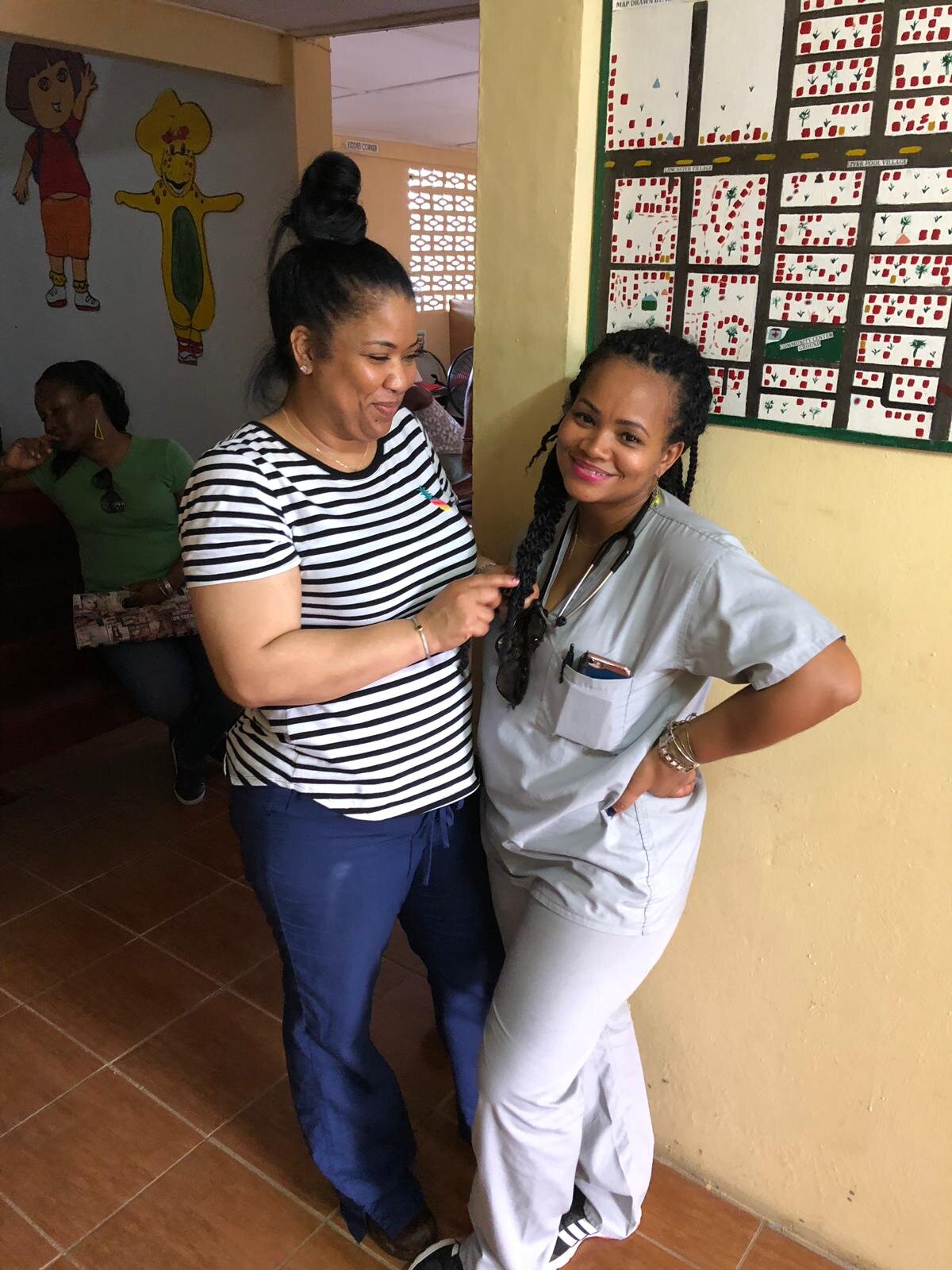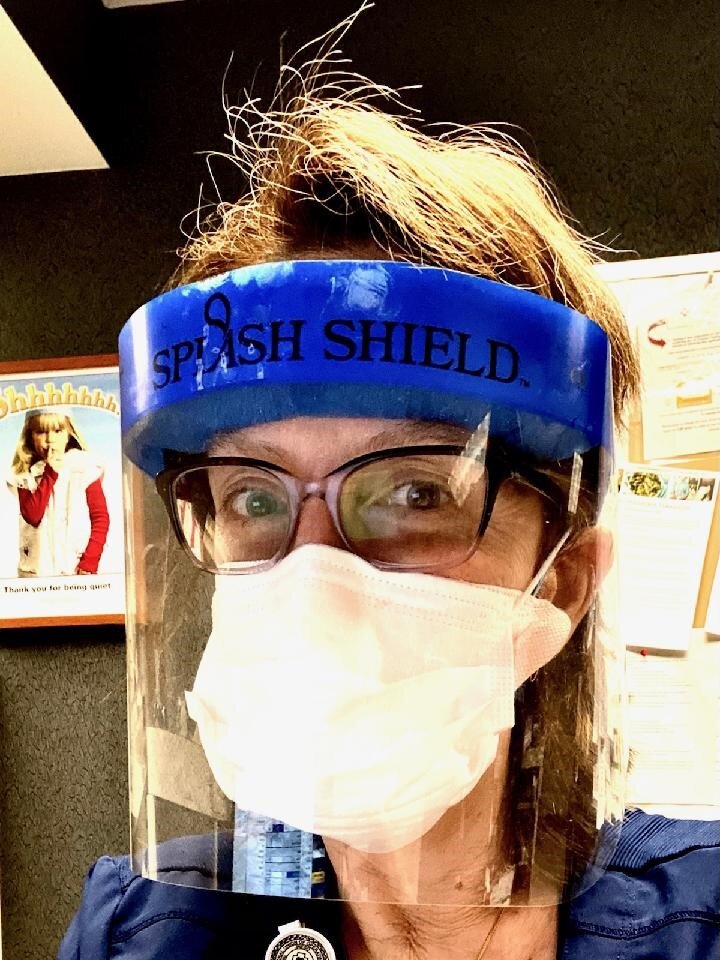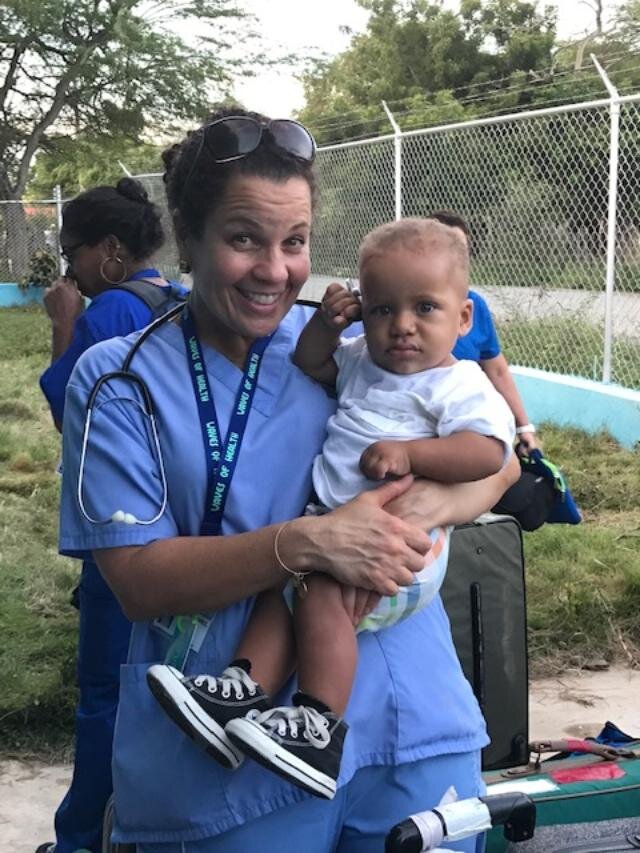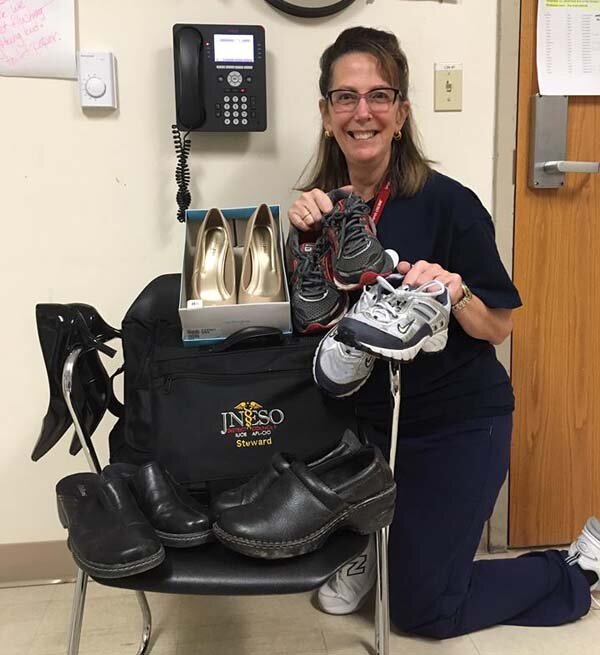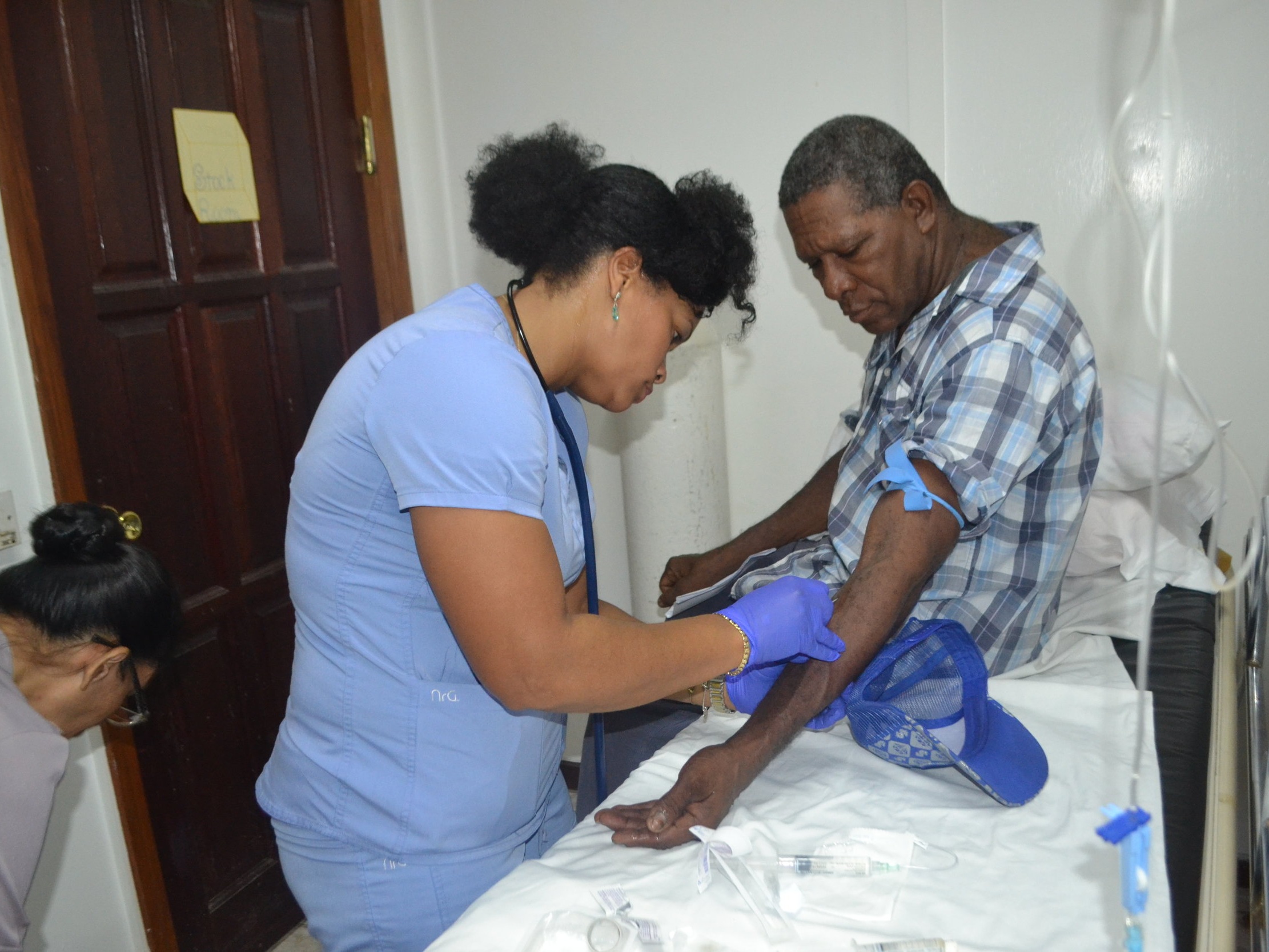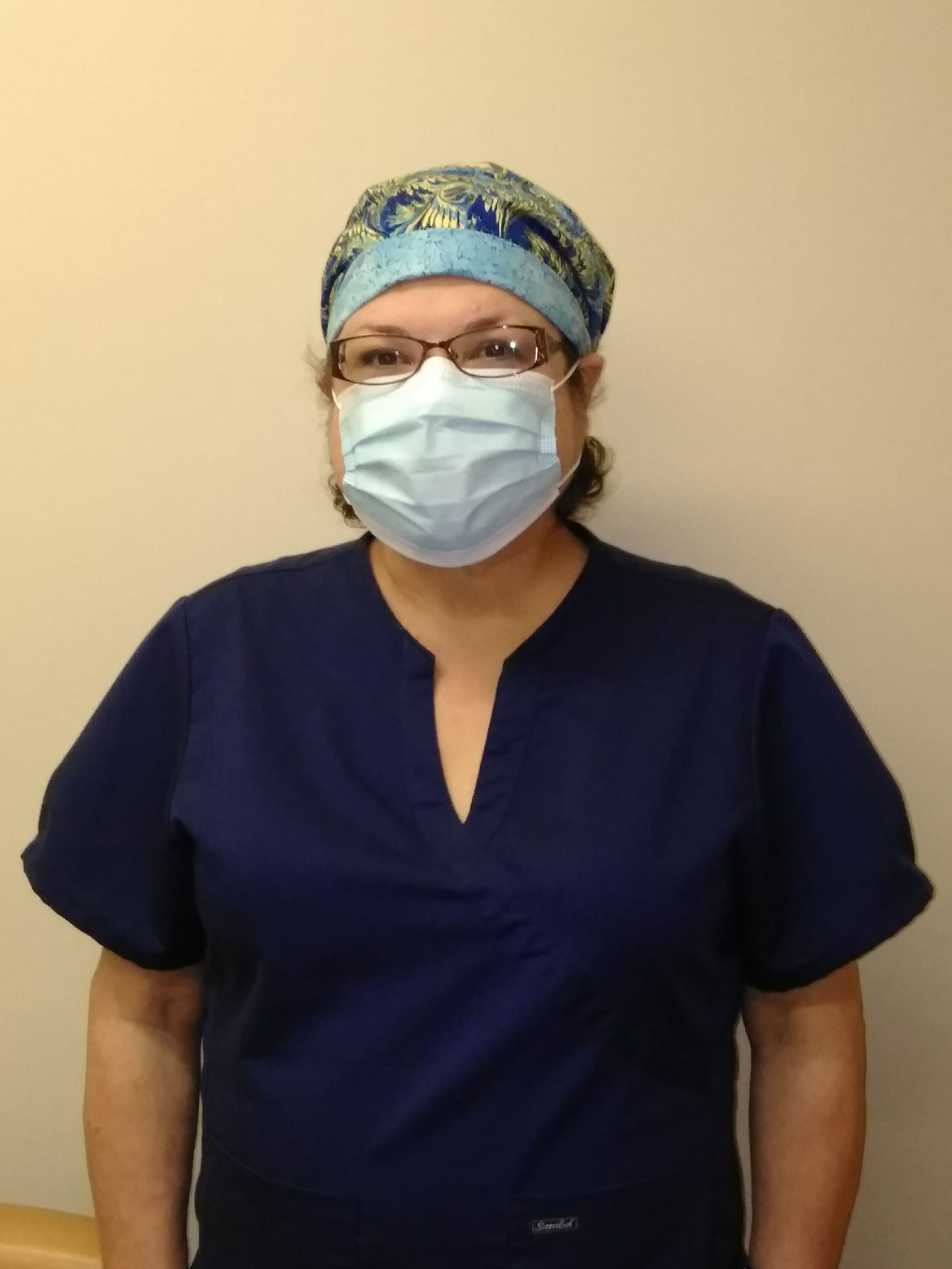CELEBRATE NURSES WEEK: Help Us Say, “Thank You!”
JNESO is celebrating Nurses Week by shining a light on our amazing nurses and raising awareness about the issue of “Safe Staffing” which involves encouraging legislators to pass legislation that would set and require safe Nurse-to-Patient Staff Ratios.
1. Say “Thank You” to a special nurse, share your story or a photo of a special nurse, or give a shout-out to all nurses on JNESO’s social media pages using the hashtag #JNESONurses. Click the icons to go directly to our social pages!
2. Nominate JNESO nurses from Lehigh Valley-Pocono Hospital (Pennsylvania) for the annual Salute to Nurses Campaign hosted by the Pocono Record. Click on the button to submit a name, photo and a sentence about how your nurse made a difference.
3. Learn about Safe Staffing and tell your legislators to help patients and nurses by supporting bills that promote standard nurse-to-patient staffing ratios.
Meet Our Amazing JNESO Nurses!
Judi Iannuzzi, RN
Endoscopy
"I try to make every patient interaction very personal and make a lasting impression. Making their day, making them smile, and helping them feel comforted fulfills my goals as a nurse."
Lory Martini, RN
Cardiothoracic Surgery
“We take care of people at their most vulnerable and can’t protect themselves. We keep them safe, warm and comfortable before and during surgery. They may not remember me, but it’s ok, because I know I have made an impact and was there for them.”
Christopher Dela Cruz, RN
Cardiovascular Telemetry
“Patients are usually not the best versions of themselves when I see them, but it is really gratifying to be there for them to help get them through what can be a tough situation and give them hope.”
JNESO has proudly represented nurses for more than 60 years by supporting initiatives and advocating for changes that ensure the health, well-being, and safety of nurses so they can continue to provide the highest quality of care to their patients.
SAFE STAFFING
What is Safe Staffing?
Safe Staffing Ratios involve how many patients each nurse is assigned to care for in a particular hospital unit.
Why is this important?
Nurse staffing shortages in New Jersey, and around the country, has been the norm for so long (decades) that many nurses have worked their entire career in crisis mode. The COVID-19 pandemic only heightened the issue. The unrelenting demands of the profession has exacerbated the crisis, as nurses leave bedside nursing, retire early, or leave the profession altogether.
California has had Safe Staffing legislation in place for years and studies have proven that implementing mandated nurse-to-patient ratios results in improved patient outcomes, fewer patient deaths, and has created safer workplaces for nurses.
How do Safe Staffing Ratios help?
-
Outcomes are better for patients when staffing levels meet those established in California, including an increase in lives saved, shorter hospital stays, and general improvement in quality care (Health Services Research)
-
-
Understaffing is a contributing factor in up to 80 percent of medical errors. (Agency for Healthcare Research & Quality)
-
The higher the proportion of nurses in hospitals whose patient assignment is in compliance with the benchmark set on California-mandated ratios, the lower the nurse burnout and job dissatisfaction, the less likely nurses are to report the quality of their work environment as only fair or poor, the less likely nurses are to report that their workload causes them to miss changes in patients' conditions, and the less likely nurses are to intend to leave their jobs. (Health Services Research)
SAFE STAFFING LEGISLATION
New Jersey
NJ Senate Bill S2700: Establishes minimum registered professional nurse staffing standards for hospitals and ambulatory surgery facilities and certain DHS facilities.
Pennsylvania
Pennsylvania's Patient Safety Act (PA House Bill 106/Senate Bill 240): This legislation would set appropriate ratios for Pennsylvania hospitals dependent upon the acuity of the unit’s patient needs.
JNESO SLIDE SHOW
“Now is the time to really shine the spotlight on how incredibly resilient, dedicated, and selfless nurses are, and how critically important their roles are for patients and their families in all healthcare settings. ”


